Before Kimberlé Crenshaw coined the term “intersectionality” in the 1980s, the Combahee River Collective released a famous document which contained one of the earliest explorations into the idea of intersecting oppressions. The Collective showed society that blackness could not and should not be divorced from intersecting identities that complicated racism, and could inform what oppression looked like by exploring subjects such as heterosexism. In 1974, a group of black feminists and lesbians in Boston, Massachusetts became the Combahee River Collective. The group took their name from the famous Combahee River Raid, in which Harriet Tubman freed more than 750 slaves in South Carolina in the year 1863. The primary writers of their document the Combahee River Collective Statement were Demita Frazier, Beverly Smith, and Barbara Smith.
“There have always been Black women activists—some known, like Sojourner Truth, Harriet Tubman, Frances E. W. Harper, Ida B. Wells Barnett, and Mary Church Terrell, and thousands upon thousands unknown—who have had a shared awareness of how their sexual identity combined with their racial identity to make their whole life situation and the focus of their political struggles unique. Contemporary Black feminism is the outgrowth of countless generations of personal sacrifice, militancy, and work by our mothers and sisters.”
The collective evolved out of attendees of the 1973 National Black Feminist Organization’s regional conference and becoming disenchanted with the focus of the second wave of feminism. In a time where black nationalism and civil rights were becoming widely heard and circulated by black people, the Combahee River Collective came together, unapologetic and adamant about their right to engage in political struggle while expressing their sexual orientations. The women left the NBFO to become their own group, putting racial, heterosexual, sexual and class oppression at the forefront of their platform while committed to awaken consciousness within black feminists and black women.
In 1977, the Combahee River Collective wrote their statement, considering four major topics.
“We will discuss four major topics in the paper that follows: (1) the genesis of contemporary Black feminism; (2) what we believe, i.e., the specific province of our politics; (3) the problems in organizing Black feminists, including a brief herstory of our collective; and (4) Black feminist issues and practice.“
Amongst their four major topics, the collective highlighted the sexual oppression found in the black community that collided with racism felt in the feminist movement as a whole, expressing the idea that multiple identities can intersect to give one an unique experience with societal oppression. Capitalism, imperialism, and the patriarchy were three societal models of institutionalized oppression the collective sought to eradicate. Though the Combahee River Collective discontinued their group in 1980, they left a lasting impact today, influencing how many black women today navigate sexual and racial oppression.
source:
http://www.blackpast.org/aah/combahee-river-collective-1974-1980##sthash.Kru4m9Zq.dpuf

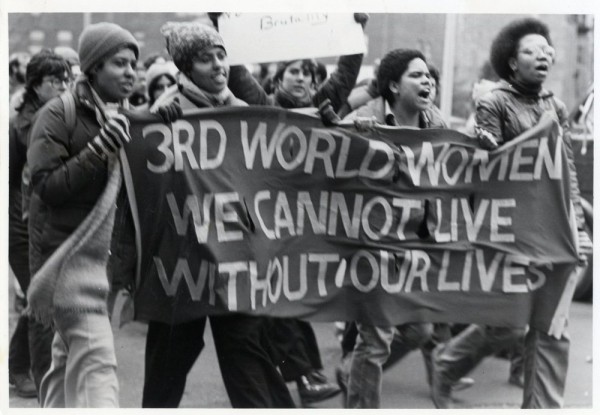
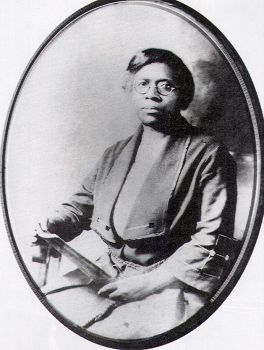
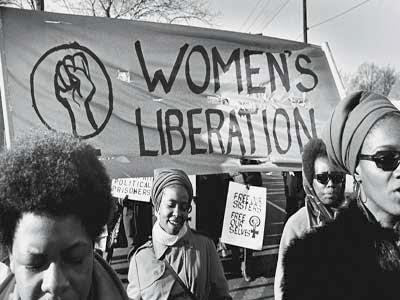




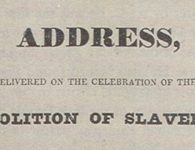


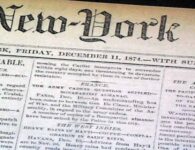


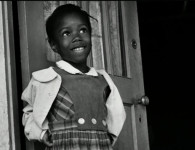
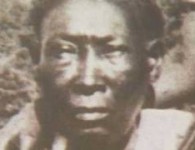


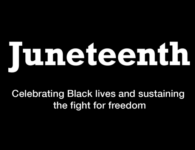




No comments